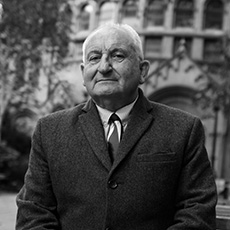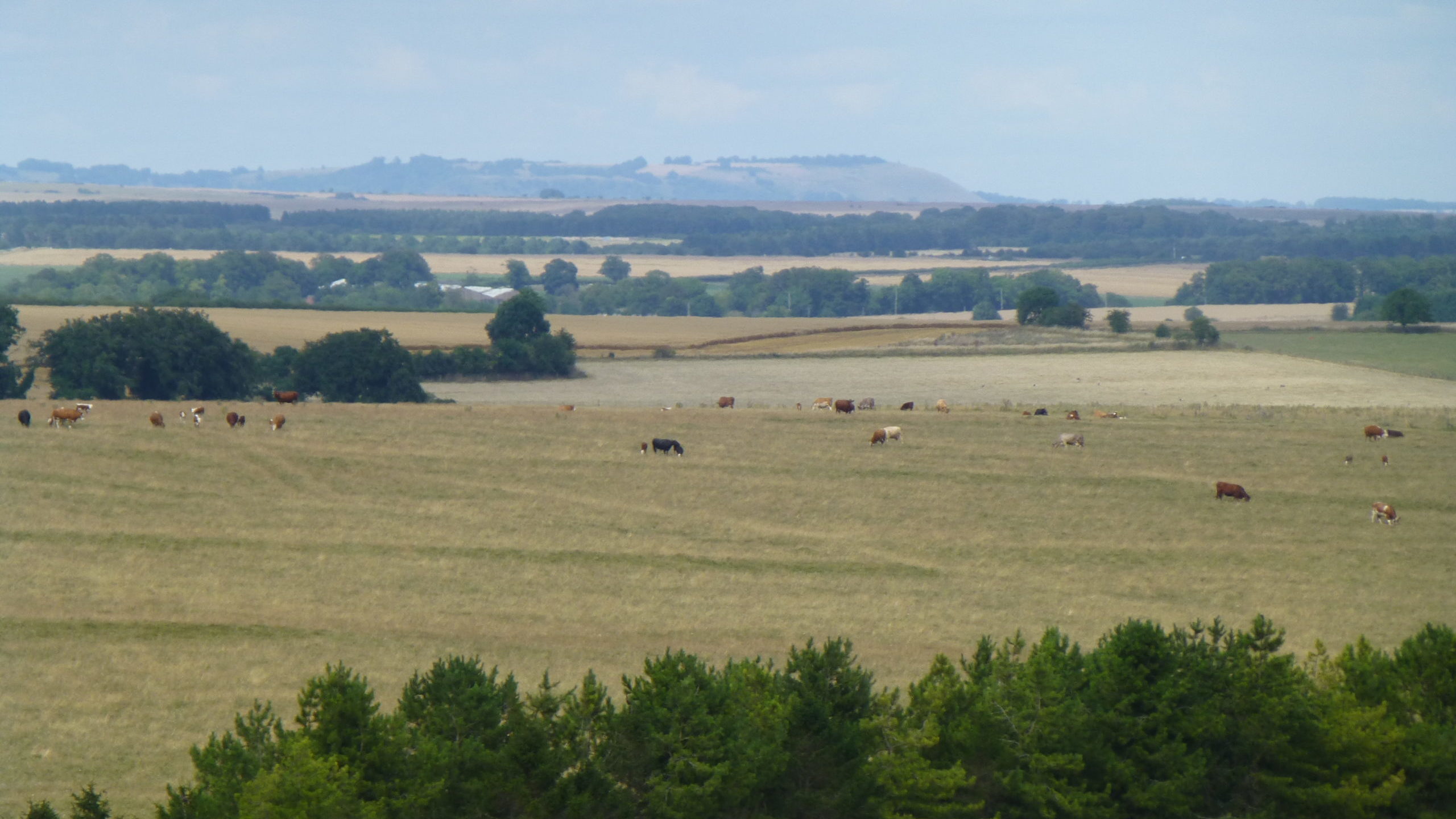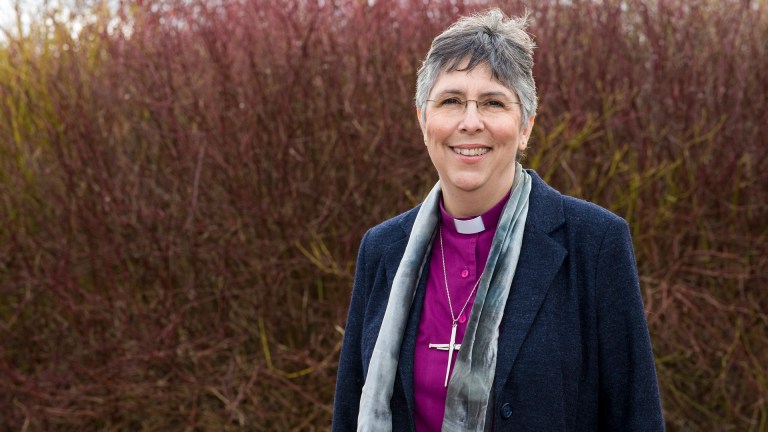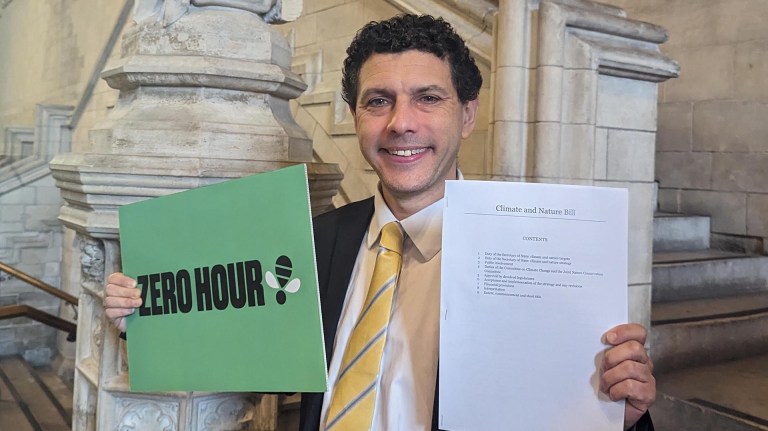Waking up in a Devon field has many advantages to it. Even in the heavy heat, if you are up early enough you can smell the smack of nature upon your nose, before the hotness sets in.
I rise early as I have done since my days as an industrial worker, then a printer, then a social advocate. Early mornings are a gift to us all that many do not feast on. I once advocated in these pages an Early Morning Association, based on witnessing in Beijing one sunny 5am the wonderful sight of largely older people in the public parks doing tai chi, the slow-motion exercise that brings energy storming back into your body, quietly, gently, kindly.
The field I am in is no ordinary field, even though it has no features other than its fieldness. It is a retreat where kids can roam and parents do things like meditation and yoga. I am not a meditator. I am here to chaperone my daughter and spend my own free time writing the book I have been writing since god knows when.
My mind is full of Victorian times because I have now arrived at the woman who took us in when we were made homeless when I was five. My father’s mother, therefore my grandmother. She took us in at the age of 65, four children and two parents into her crammed slum mews cottage above a woodcutter’s stable. And for a year had to put up with us and our madness.
So I sit in this Devon field while meditators meditate and I recreate that old woman born in 1886 who lived her first 14 years under the tutelage of the old Queen, Victoria. And I reimagine her conversations with me as I stood on a chair stirring the breakfast porridge while my brothers sat reading comics, or “picking the scabs off their arses” as my grandmother so rudely described those at leisure.
And telling me in no uncertain terms that Britain went down the tubes when Victoria died, because she had kept things moving and avoided the European cousins falling out with each other – which then led to two world wars. The 20th century which she lived in for 66 years was full of sex, laziness and self-indulgence and was likely to end badly for us all.










